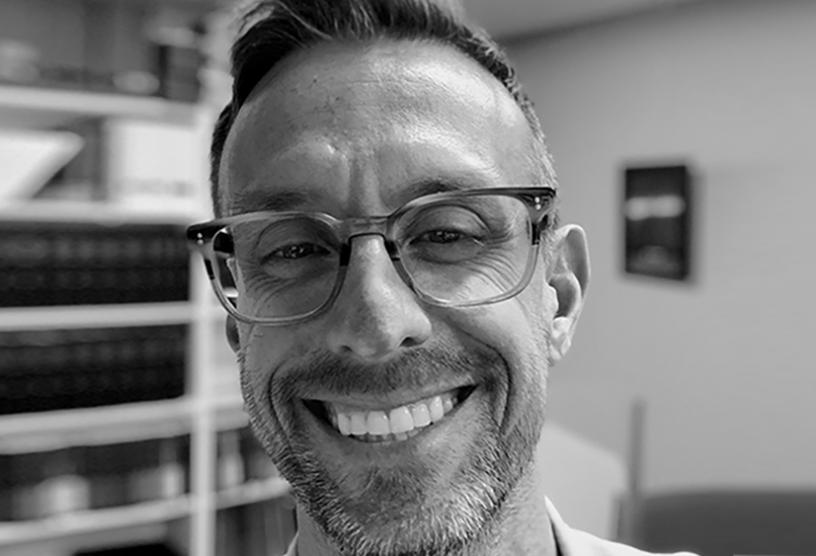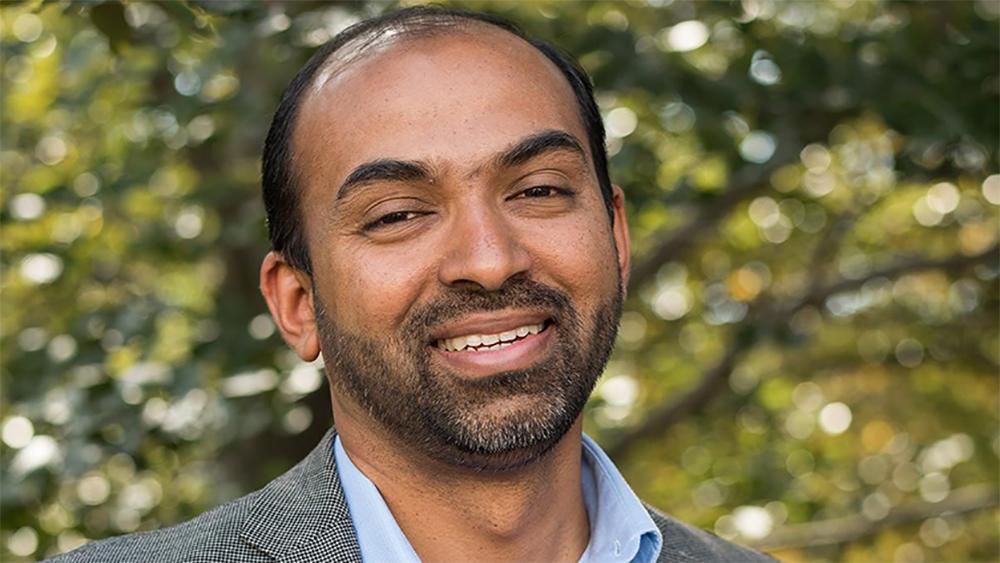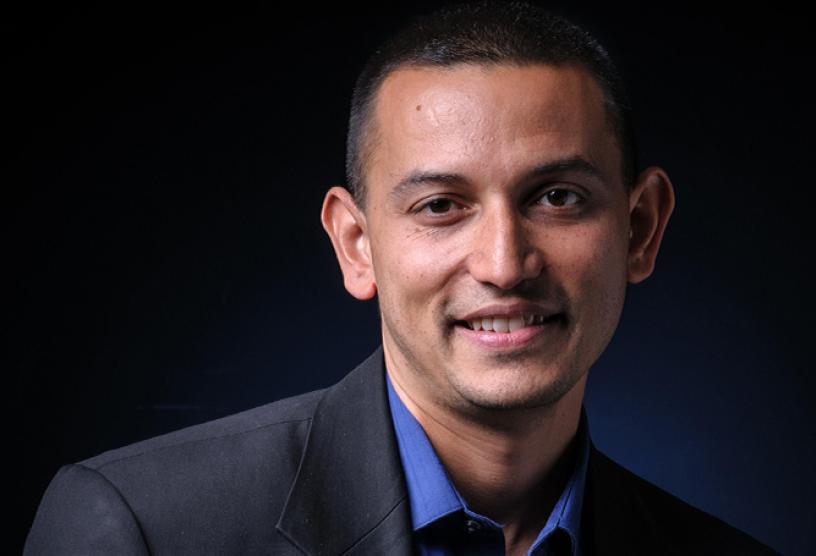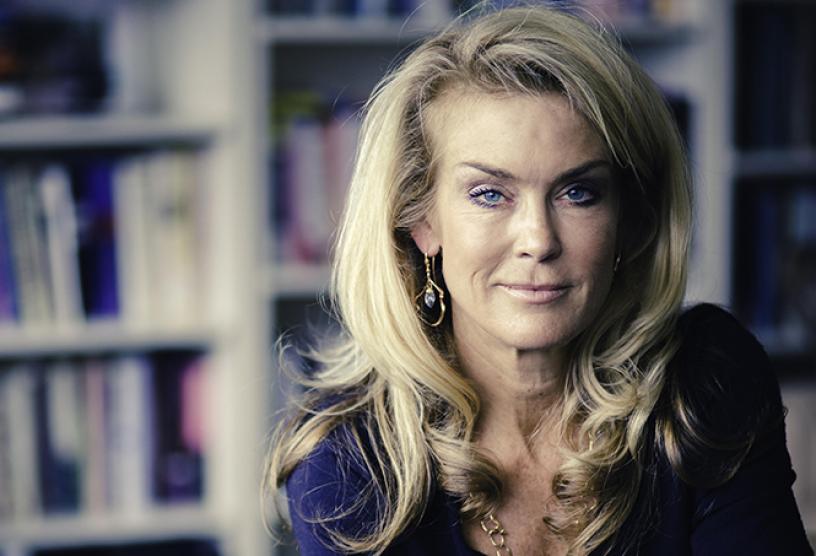
Spirituality and Spiritual Transformation: The Work Ahead

A scan of the headlines on any given day in 2020 gives us a snapshot of a country, and indeed our world, in crisis. We are dealing with a global pandemic--causing death, economic hardship, and mental health crises--as we are also reckoning with America’s long history of racial injustice and our country’s inability to tackle this insidious problem. All this in the midst of a larger crisis: a deeply divided country. Parents struggle with optimal learning and safety options for school, many have lost jobs and are worried about losing their homes, people continue to get sick and many are dying from a virus for which we don’t yet have a vaccine, ways of mitigating the spread of the virus have become deeply politicized, and racism is still alive and well, although people are calling for change, again. Indeed, a scan of the headlines can bring about feelings of sadness, anger, and despair, especially as we’re feeling disconnected from friends, family, and communities during a time of necessary social isolation.
But what if there is a way of being in the world, a way of perceiving these crises in such a way that we don’t sink into despair, but instead rise to meet the challenges of the world? What would this way of being require of us? What would it look like? At the Fetzer Institute, we believe that spirituality holds the key to developing resilience, inter-connectedness, and access to something larger than ourselves, which not only help us through times of crisis, but nurture and shape us as individuals so we can be more deeply connected with others and work to make positive impacts in society. But in America, what does spirituality really mean, and what does it look like for different people? What roles do spirituality and religion play in people’s lives, and how do they play a role in the current crises?
The Study of Spirituality in the United States explores these questions in a way that hasn’t been done before, by deeply investigating what spirituality means to people in this country and how we see spirituality and religion connecting with our values and shaping the way we connect with other people. The study found that spirituality encompasses a wide range of practices and belief systems that help people connect with something greater than themselves. Also, spirituality and religion are not interchangeable terms; religion is a system through which people can develop and understand their spirituality and their connection to the divine in a very specific way. And while many people identify as spiritual but not religious, it is important to note that faith traditions still play a large part in American spirituality, with 72% of Americans identifying with a specific faith tradition, according to the Pew Research Center.
The study also found a connection between an individual’s level of spirituality and their level of pro-social/civic behaviors. This correlation could mean that the more a person’s spirituality is a part of their life, the more they exhibit pro-social behaviors, such as civic engagement and community involvement. At Fetzer, where our work is focused on connecting inner work, or spirituality, to our outer work in the world, this finding provides important insight into the work ahead.
Spirituality, broadly, connects people to a sense of awe, to beauty, to the mysteries and deep questions of life or sense of the Divine, and gives space for people to investigate the deeper questions of our existence. When we connect with something larger than ourselves, we in turn develop a sense of inter-connectedness between ourselves, other people, and the natural world. This inter-connectedness is the foundation for moving from an ego-centered way of being to a spiritual way of being, grounded in love and connection. This spiritual way of being is critical in today’s world, with all the challenges we are facing. How can we move forward through this pandemic and address all the social issues that need to be addressed if we are operating from a place that is ego-centered? Egocentrism is at the heart of the divides in our society, and as the saying goes, united we stand, but divided, we fall.
With these findings, the Fetzer Institute sees a ripe opportunity in this moment for spirituality to come to the forefront to promote healing, unity, and inter-connectedness in our broken world. Fifty percent of study respondents reported that they desire to be more spiritual, whatever that means to them: people are open to, and yearning for a more spiritual way of being that is grounded in love and care for one another.
The Institute is committed to fostering a global movement that is grounded in love and interconnection, with Spirit, however one may define it, at the center of that movement. Our partnerships with other organizations that are also doing work in this space have birthed projects that touch on multiple sectors, including education, media, faith and spirituality, and democracy. We believe that if enough people awaken to Spirit and develop that sense of inter-connectedness, that deep caring for others, then the world can change.
This narrative may be far different than the narrative you see when you scan the headlines. Instead of imminent disaster, we see hope, and a rich environment and opportunity for change. We believe that the world can change when we awaken into and serve Spirit for transformation of self and society, and we--along with many others--are working to help ignite that change in the world.
Kurian Thomas is Vice President, Spiritual Formation at the Fetzer Institute.

